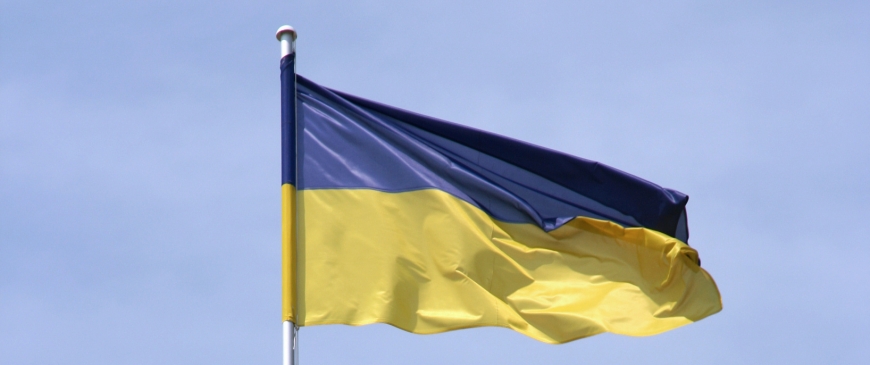
There are other ways to help Ukraine
Whether Ukraine is a member of NATO matters less than whether defending it is in NATO’s security interest. Ukraine is not some distant microstate whose fate can be safely ignored; it is a country of 42 million people bordering on four NATO allies. The country attacking it borders on four more. In 2008 NATO promised Ukraine membership, once Kiev met the conditions and if it chose to apply.
At the time of the Gulf War, Prime Minister Margaret Thatcher of Britain said: “Iraq's invasion of Kuwait defies every principle for which the United Nations stands. If we let it succeed, no small country can ever feel safe again.”
Change that to read “Russia’s invasion of Ukraine," and that is the reason NATO should support Ukraine. Inaction might encourage President Vladimir Putin to destabilize the Baltic States next, and other revisionist powers might follow his example elsewhere.
No one wants war with a nuclear-armed Russia, but the West is not powerless. First, NATO allies can supply Ukraine with weapons, intelligence and training. The performance of Ukrainian armed forces was improving until recently, but they cannot withstand the Russian forces now in Ukraine.
Second, the United States and especially the European Union can do much more to hit the Russian regime economically. Violating international law should have a cost. Sanctions may hurt fragile European economies, but they will hurt Russia more. For all the brave words of Russian leaders, replacing Europe as a market for Russian hydrocarbons and a source of goods and services would be tough and expensive.
Third, the E.U. can help Ukraine to reform economically and politically. Putin wants to show that real democracy in the former Soviet Union always fails. A prosperous, modern Ukrainian state would be the best retort.
At the time of the Gulf War, Prime Minister Margaret Thatcher of Britain said: “Iraq's invasion of Kuwait defies every principle for which the United Nations stands. If we let it succeed, no small country can ever feel safe again.”
Change that to read “Russia’s invasion of Ukraine," and that is the reason NATO should support Ukraine. Inaction might encourage President Vladimir Putin to destabilize the Baltic States next, and other revisionist powers might follow his example elsewhere.
No one wants war with a nuclear-armed Russia, but the West is not powerless. First, NATO allies can supply Ukraine with weapons, intelligence and training. The performance of Ukrainian armed forces was improving until recently, but they cannot withstand the Russian forces now in Ukraine.
Second, the United States and especially the European Union can do much more to hit the Russian regime economically. Violating international law should have a cost. Sanctions may hurt fragile European economies, but they will hurt Russia more. For all the brave words of Russian leaders, replacing Europe as a market for Russian hydrocarbons and a source of goods and services would be tough and expensive.
Third, the E.U. can help Ukraine to reform economically and politically. Putin wants to show that real democracy in the former Soviet Union always fails. A prosperous, modern Ukrainian state would be the best retort.
Ian Bond is the director of foreign policy at the Centre for European Reform.
